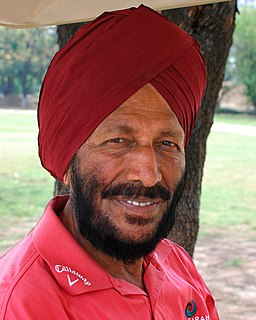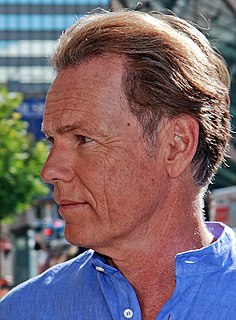A Quote by Immanuel Kant
If we knew that god exists, such knowledge would make morality impossible. For, if we acted morally from fear or fright, or confident of a reward, then this would not be moral. It would be enlightened selfishness.
Related Quotes
Years ago I was asked this question: Do terrorists fear anything? I said, 'I suspect they would fear a morally strong America.' They would know that a morally strong America would not be dislodged. You can always appeal to a point of vulnerability which would break a people up. [Terrorists] don't fear so much the weaponry as the moral courage, and I think a morally strong America would be intimidating to them.
If we knew that we would meet the Lord tomorrow - through our premature death or through His unexpected coming - what would we do today? What confessions would we make? What practices would we discontinue? What accounts would we settle? What forgivenesses would we extend? What testimonies would we bear? If we would do those things then, why not now?
If you knew that only a few would care that you came, would you still come? If you knew that those you loved would laugh in your face, would you still care? If you knew that the tongues you made would mock you, the mouths you made would spit at you, the hands you made would crucify you, would you still make them? Christ did.
I'm not saying that atheists can't act morally or have moral knowledge. But when I ascribe virtue to an atheist, it's as a theist who sees the atheist as conforming to objective moral values. The atheist, by contrast, has no such basis for morality. And yet all moral judgments require a basis for morality, some standard of right and wrong.
It was like time would stop, and the dancer would sort of step through some kind of portal and he wasn't doing anything different than he had ever done, 1,000 nights before, but everything would align. And all of a sudden, he would no longer appear to be merely human. He would be lit from within, and lit from below and all lit up on fire with divinity. And when this happened, back then, people knew it for what it was, you know, they called it by it's name. They would put their hands together and they would start to chant, "Allah, Allah, Allah, God God, God." That's God, you know.








































